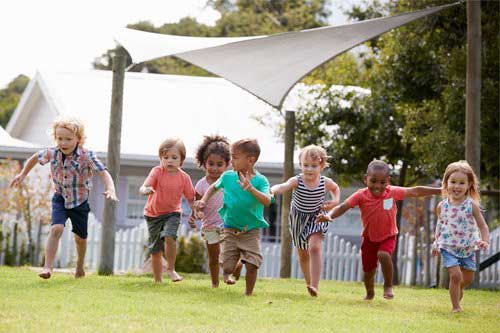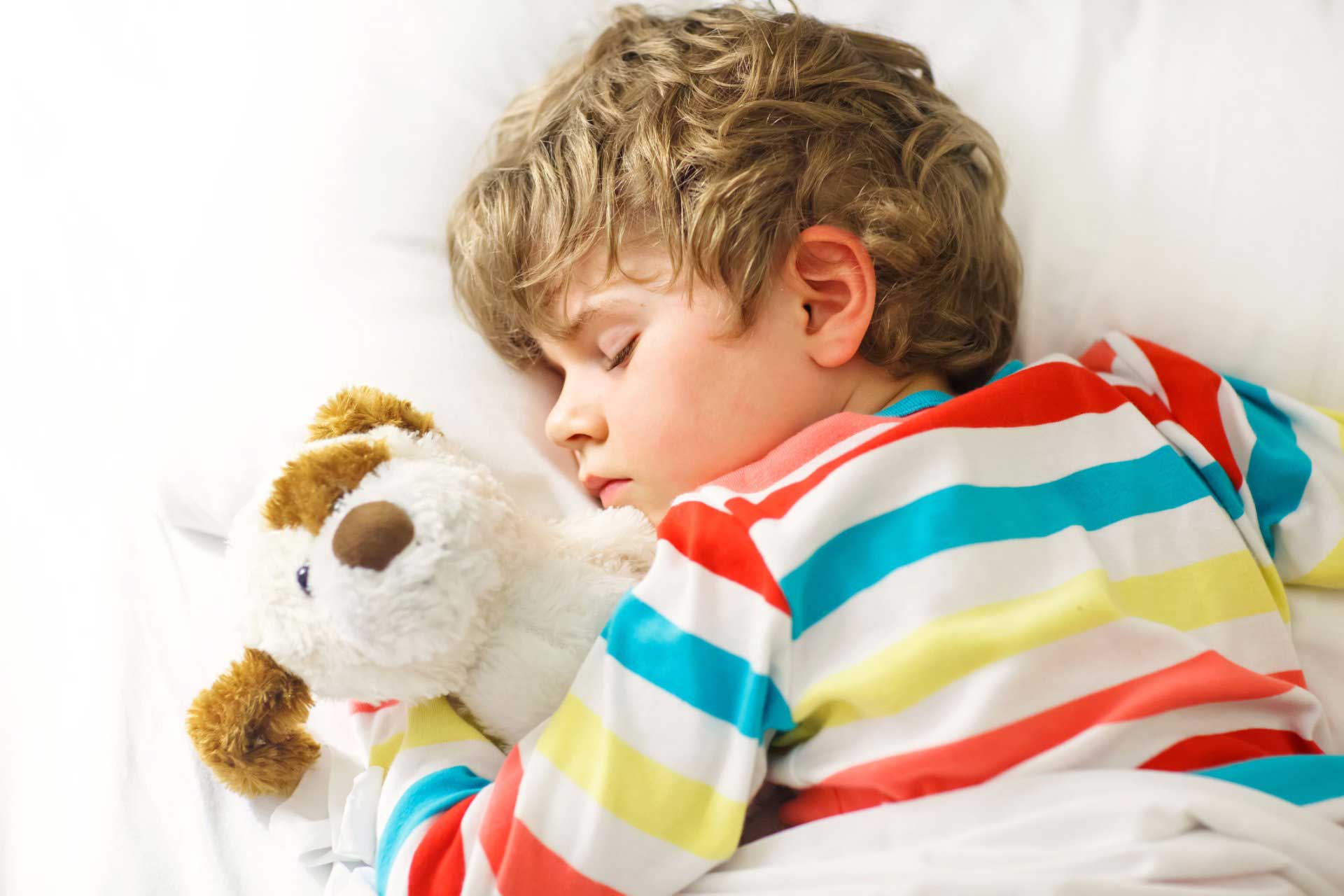Tips for Protecting Your Preschooler's Health During Flu Season
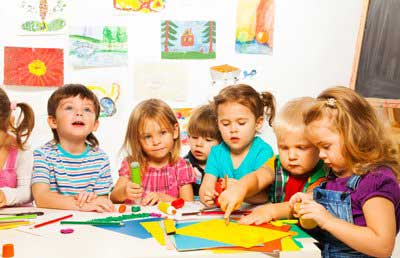
Flu season fills many parents with dread each year. It can seem inevitable that all the little ones in class will get it at some point. However, there are things you can do to decrease the odds of your children contracting the flu this year. Consider and follow these tips to protect the health of your preschoolers throughout flu season and beyond.
Talk to Your Children's Pediatrician About the Flu Shot
The Centers for Disease Control and Prevention reports that children are more likely to get the flu than adults. In fact, millions of kids get the flu each year. Sadly, over 100 children died from the flu during the 2016-2017 flu season. Both the CDC and the American Academy of Pediatrics recommend influenza immunization for all children over the age of six months.
When kids under the age of eight receive the flu shot for the first time, they may need to be given two doses of it at separate times. The American Academy of Pediatrics cautions that it's better to get children immunized as early as possible, especially since the second vaccine will be administered about a month after the first one.
Emphasize the Importance of Covering One's Mouth
Help Build Your Children's Immunity Through Good Nutrition
A balanced diet that's rich in fresh fruits and vegetables can help optimize your kids' immune system. Teach your kids to enjoy a rainbow of foods. You may encourage them to snack on their favorite fruits and vegetables after school. Prepare nutrient-rich carrots, apples, kale, oranges, celery, berries, tomatoes, and avocados for them regularly.
Teach Kids the Importance of Handwashing
One of the best ways to protect your kids from the flu is teaching them to frequently wash their hands. Handwashing can prevent a variety of illnesses, including the flu. Influenza can spread when people touch something in a room after touching their mouths or noses.
Talk to your kids about washing their hands before leaving preschool for the day. You should also teach them to wash their hands after they sneeze, cough, or touch their mouth and nose when they're sick. Also teach kids to wash their hands before eating, after playing with friends, and frequently throughout the day.
Praise Kids for Establishing Good Habits
Maintaining your kids' health during flu season requires their full participation. When you notice your children following healthy habits you've taught, heap praise on them. This kind of positive reinforcement can be very effective, and it can make you and your kids feel great. Be specific with your praise, reinforcing how they're being smart to take such good care of themselves.
Keep Your Kids Away From Their Sick Peers
When one of your kids gets the flu, keep your other children away from the sick one. It's also important to keep a little one with the flu home from preschool. Avoid close contact with people who are suffering from the flu. If there are any common areas shared with someone with the flu, clean the area before touching items in that room.
Finally, protecting your kids' health is complicated. It's impossible to prevent all illnesses. However, by teaching your kids optimal habits to protect their health, you can help them avoid preventable diseases. Children can enjoy all the benefits of a school environment. At Kids & Company, we're happy to help students thrive throughout flu season and all throughout the year.

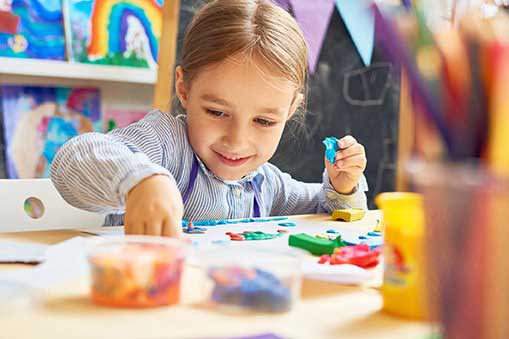
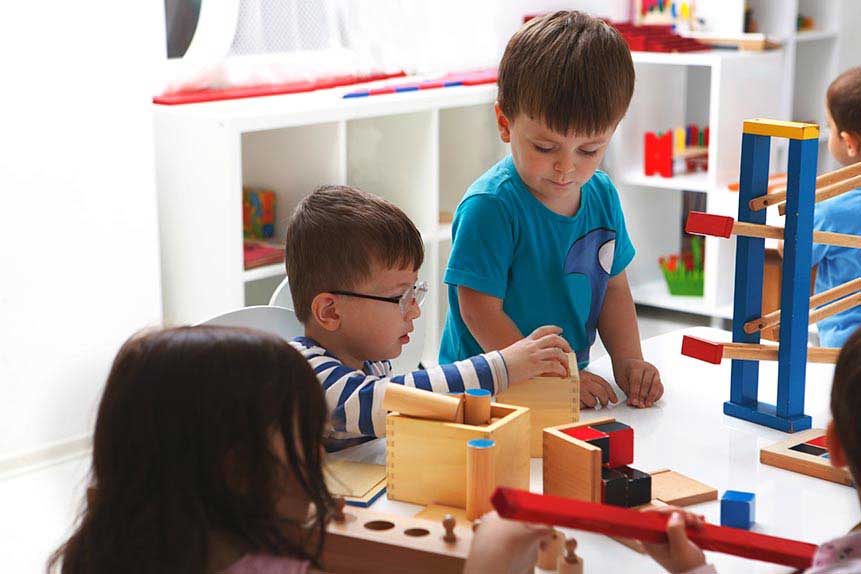
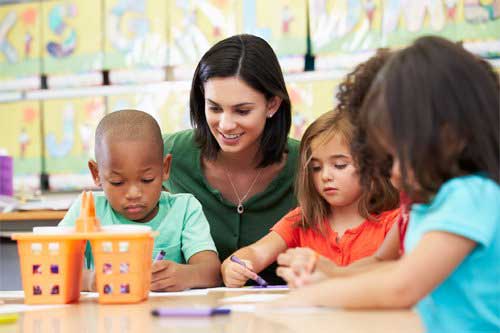
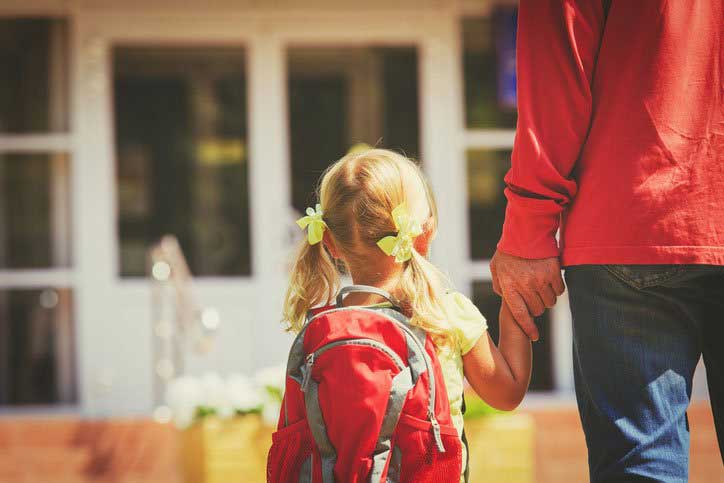
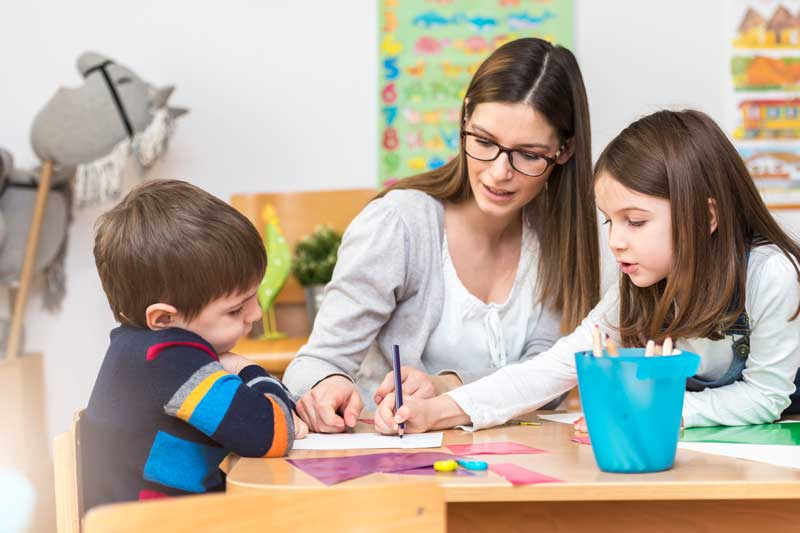

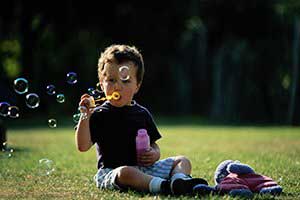
Wilmington - S. College Rd.
Address: 5222 S. College Road Wilmington, NC 28412
Phone: 910-799-8023
Business Hours:
- Mon - Fri
- -
- Sat - Sun
- Closed
Wilmington - Newkirk Avenue
Address: 2619 Newkirk Ave. Wilmington, NC 28412
Phone: 910-799-7195
Business Hours:
- Mon - Fri
- -
- Sat - Sun
- Closed

